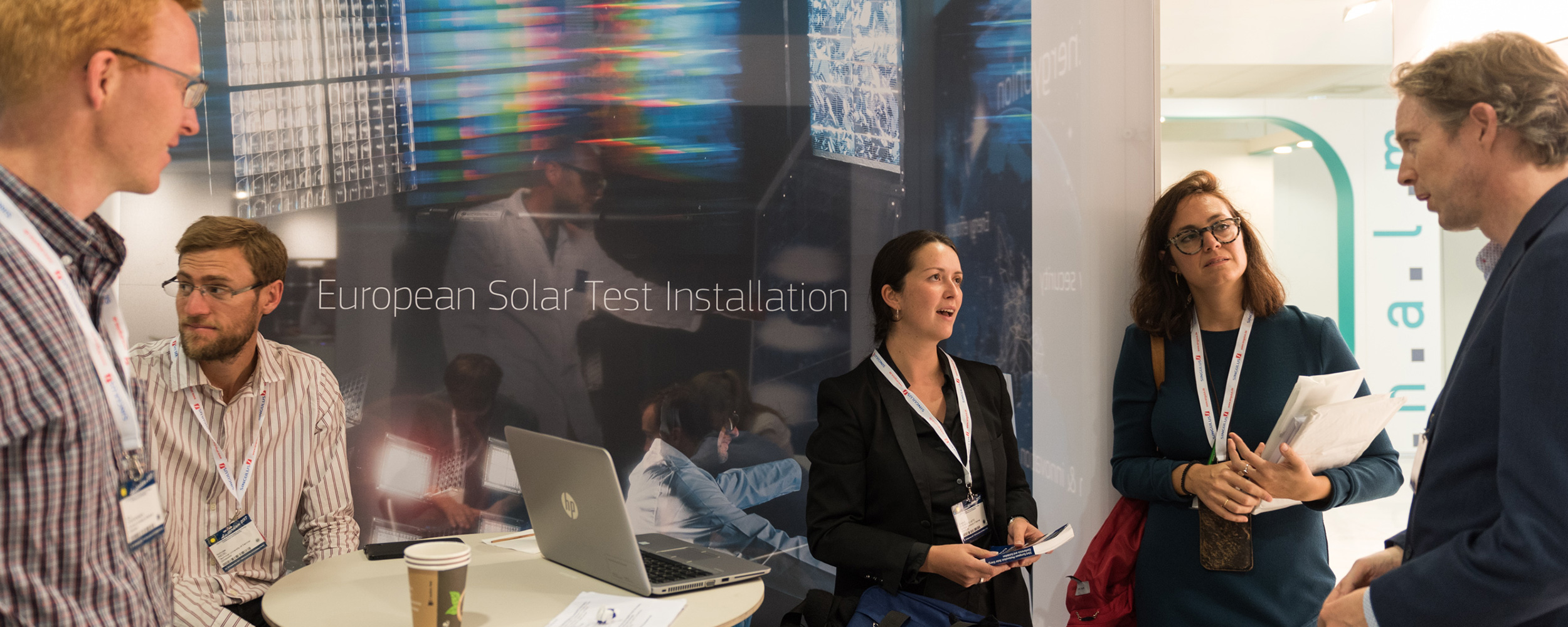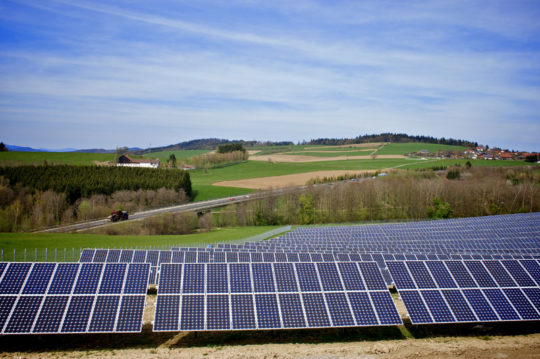 3
Issue 3
3
Issue 3

Participants in the 33rd European Photovoltaic Solar Energy Conference and Exhibition, Amsterdam, Sept 2017. © EU/PVSEC.
Sustainable Urbanism: Gaps in current research
Cities are characterized by a large consumption of environmental and energy resources and social inequalities. A paradigm shift in relationships between energy, climate change and cities is vital, argues Dr. Patrizia Lombardi, to respond to the multiple challenges of climate change, ecosystem degradation, social equity and economic pressures.
According to the EU POCACITO project POst-CArbon CIties of TOmorrow foresight for sustainable pathways towards liveable, affordable and prospering cities in a world context” (SSH.2013.7.1-1), post-carbon cities have recently emerged from a rupture in the carbon-dependent urban system that has led to high levels of anthropogenic greenhouse gases. Effective decision makers know that sustainable urban planning and management is a complex and multi-objective task as energy, environmental and social aspects are all woven together and inseparable.

The EU low carbon & energy security MILESECURE-2050, MILESECURE-2050 project aims to understand and overcome the political, economical and behavioural traits and trends that led Europe to its difficulties in reducing fossil fuel consumption, and in diversifying its energy balance at rates which guarantee European energy security in the next years (more specifically at the horizon 2050), reduce the threat of climate change, and diminish the risk of an energy gap in the coming decades. http://www.milesecure2050.eu/ Image courtesy of Dr. Patrizia Lombardi.
Consequently, in order to tackle sustainability challenges facing post-carbon cities, urban planning policies must be identified that not only look at technology-related issues (the ‘smart city’ paradigm), but also at citizens’ behaviour and to how they respond to building performances and available urban services. Furthermore, citizens and all private consumers should be more aware, active, energy sufficient, as well as being prosumers producing energy for their own consumption, where this is possible.
The EU MILESECURE-2050 project, Multidimensional Impact of the Low-carbon European Strategy on Energy Security, and Socio-Economic Dimension up to 2050 perspective (SSH.2012.2.2-2), has revealed that policy-makers may be ignoring the human factor in energy transition to the detriment of rapid and significant change across Europe. This implies significantly less emphasis on technology and on top-down planning and more emphasis on the enabling of both individuals and social groups to articulate themselves and participate in the energy transformation.

Solarpark Neukirchen I. Windwarts GmbH. © Windwarts Energie GmbH/Mark Mühlhause/attenzione.
Unfortunately, the available literature on sustainable urban districts and energy efficiency approaches tend to be either engineering-led without understanding the socio-economic complexities of either the building market or the urban forms, or are simply qualitative, based on small surveys and case studies. This gap influences negatively sustainable urban planning policies.
A final additional gap in current research is about self-organization and local knowledge for coping with changes without external help, i.e. the ‘resilience thinking approach’. This approach demonstrates the importance of living with disturbances when a city is likely to be unpredictably tackled by climate change effects, and therefore favours the blooming of self-organised tools and measures to face the quick change (Sonetti, Lombardi, Chelleri, 2016).
We must think in terms of relevance rather than efficiency and economic growth, and this includes retaining knowledge in the area, the valorization of labour and how to prepare students to translate their intellectual and aesthetic work into effective contributions to their communities, aware of all the other communities that could be affected by their choices.